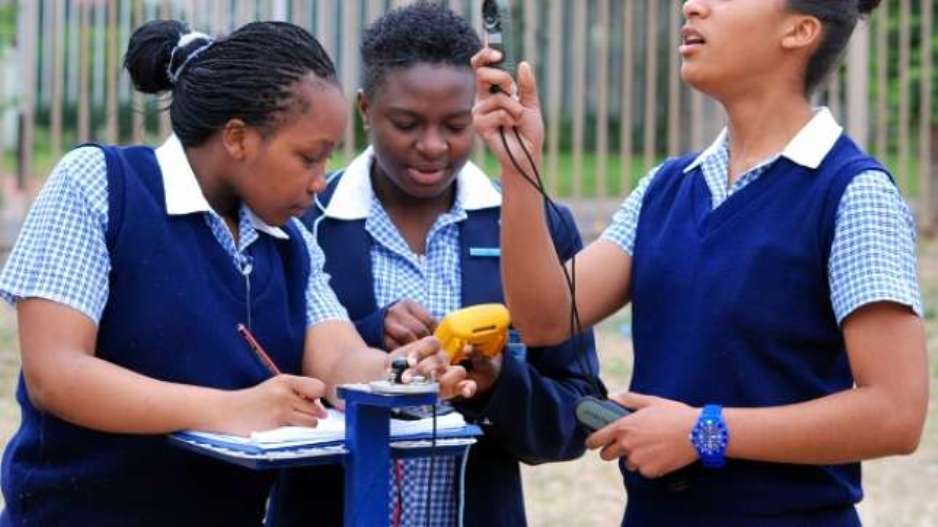HIV remains a significant public health threat. Without addressing the social determinants, the status quo persists. Adolescent Girls and Young Women (AGYW) in the Sub-Saharan region, including Zimbabwe, still face limited leadership opportunities in the HIV response. The 2023 World AIDS Day theme serves as a reminder that communities must lead for interventions to be sustainable. It’s time to shift the perspective on AGYW—from mere service users to capable service providers. According to the Global AIDS Strategy 2021-2026, community-led organizations, especially those led by women, should deliver 80% of related services.
In Zimbabwe, AGYW operate within a context where gender inequality and economic disparities persist. These factors significantly influence their ability to take a leadership role in the HIV response. Addressing gender inequality and promoting economic opportunities are essential steps toward empowering AGYW. Moreover, at the individual level, many AGYW lack empowerment to make decisions about their own sexual and reproductive health. Recognizing that leadership begins with self-awareness and self-empowerment, AGYW must first learn to lead themselves effectively.
Lack of mentorship and role models to guide and support in HIV leadership and advocacy roles, and limited access to information and resources is a challenge we face as AGYW in the HIV space! AGYW are ready to lead, but it requires intentionality and dedication of resources to ensure communities of AGYW are leading’ says Tendai Kunyelesa ,24-year-old HIV Prevention Advocate and Co-founder for DAWA.
Challenges Faced by AGYW:
- Stigma and Discrimination:
- AGYW living with HIV encounter deep-rooted stigma, leading to isolation and marginalization. This hinders their confidence and ability to step into leadership positions.
- Limited Access to Education and Resources:
- Economic disadvantages restrict educational opportunities for young women living with HIV, limiting their access to knowledge and skills necessary for leadership roles.
- Mental Barriers:
- Internalized stigma, self-doubt, and fear of disclosure act as significant mental barriers for young women living with HIV. These psychological burdens hinder their ability to assert themselves and participate in leadership spaces.
- Lack of Representation:
- The absence of visible role models and mentors who share similar experiences further exacerbates the challenges faced by these women. The lack of representation perpetuates the notion that leadership spaces are not meant for them.
Community Barriers:
- Patriarchal Norms:
- Traditional gender roles and societal norms limit AGYW’s participation in decision-making spaces. Their voices are often unheard, and their contributions undervalued.
- Limited Support Systems:
- The absence of comprehensive support systems within families and communities leaves AGYW feeling unsupported and excluded from leadership opportunities. The lack of mentors compounds this issue.
Solutions for Meaningful Involvement:
- Advocacy and Awareness:
- Raising awareness about AGYW’s rights and capabilities in Zimbabwe is crucial. Targeted campaigns, workshops, and inclusive education programs can challenge stigma and promote empowerment.
- Access to Education and Resources:
- Ensuring equal access to education, vocational training, and economic opportunities empowers AGYW to overcome economic barriers and gain the skills necessary for leadership roles. Political will and financial commitment are essential to address this structural issue.
- Mentorship and Networking:
- Establishing mentorship programs connecting AGYW with experienced leaders provides guidance, support, and inspiration. Networking opportunities build confidence and foster connections.
- Policy and Institutional Changes:
- Implementing policies that promote gender equality, inclusivity, and representation in decision-making bodies creates an enabling environment for AGYW.
